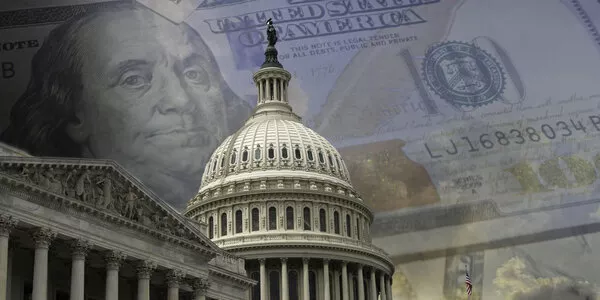
Weekly Update - ECB speeds up its “journey toward normalisation”
Recent comments from European Central Bank staff all point in the same direction: the Euro area monetary authorities are preparing to start raising policy rates in July. François Villeroy de Galhau, Governor of the Bank of France, has called the new policy a “journey toward normalisation”, stressing that the ECB is not seeking to tighten monetary conditions - yet - but rather to ease itself into a more normal posture given the current inflationary climate. The ECB would therefore, on this reading, simply move faster toward the same target peak rate.
ECB increasingly worried by inflation. Inflation again outstripped its forecasts in April, hitting 7.5%. While much of the jump can again be put down to pressures on energy and food prices, core inflation (which strips out both these volatile components) is also on the rise, running at 3.5%, near twice its pre-COVID rate. At the moment, unlike in the United States, wages remain under control allaying any fears of a wage-price spiral for now (Chart 1). That said, ECB staffers worry that the inflationary expectations of economic actors could slip anchor, making it harder to bring long-term inflation back to more comfortable levels. Also, the euro's ongoing slide in the midst of a commodities shock gives the ECB another reason to quicken the pace of policy tightening.
Doubts as to the economy's health take second place. It’s still early too early to asses the broad negative externalities of the Ukrainian war, even without trying to predict the conflict's future course and consequences. So far, economic indicators suggest activity is likely to slow substantially, but not enough to fundamentally undermine the ECB's scenarios. Uncertainties are plentiful, but the messages coming out of the ECB clearly suggest it is focusing on its main target: controlling inflation.
Faster but no further. Bond markets have responded by revising their expectations for ECB policy rate rises, and now expect rates to turn positive by year-end (Chart 2). However, while the ECB seems willing to go faster in its “journey toward normalisation”, it will probably be unable to go beyond its previously planned maximum. Any such move would soon risk either slamming the brakes on an already delicate economy, or raising the ghost of fragmentation between Euro area economies. We are already seeing some signs of tensions in Italian and Greek yields...
Also, in the main events of the week, we chose to talk about the fall of the Nasdaq index and of the crypto market.





